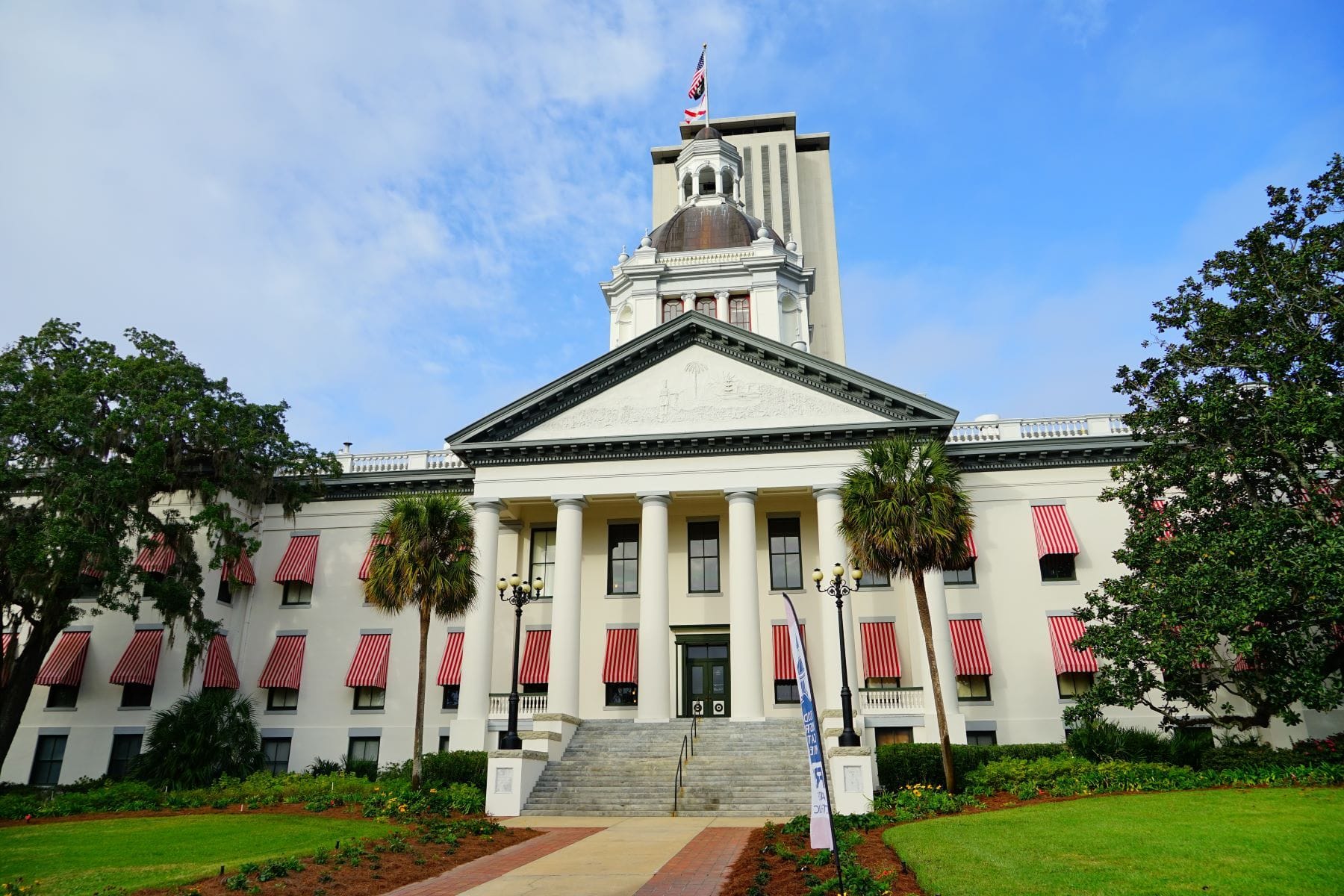Florida Expert Witness Rules: What Litigators Need to Know
Expert witnesses play a crucial, tightly regulated role in Florida litigation, with unique rules, deadlines, and admissibility standards shaping their use.
Updated on
In this article
In Florida civil litigation, expert testimony can significantly influence the outcome of a case. Whether in complex medical malpractice claims, construction disputes, or product liability actions, the court’s reliance on expert analysis is often pivotal. However, using expert witnesses in Florida requires strict compliance with Florida expert witness rules, including procedural guidelines and evidentiary standards. Attorneys must navigate designation protocols, disclosure requirements, and admissibility thresholds unique to the state.
Designation Requirements
Florida does not require pretrial designation of expert witnesses through a formal "designation" process, as seen in federal courts. Instead, experts are disclosed during discovery in accordance with procedural schedules or court orders. Under Florida Rule of Civil Procedure 1.280(b)(5), parties must identify any expert expected to testify at trial. This includes providing the expert’s name, subject matter of testimony, substance of facts and opinions, and a summary of the grounds for those opinions.
Importantly, courts may compel additional disclosure via interrogatories or case management orders. For example, trial courts often require the disclosure of all retained experts and the general substance of their anticipated testimony as part of a pretrial stipulation or scheduling order.
Expert Disclosure Process: Florida Rule of Civil Procedure 1.280
Florida utilizes a relatively flexible approach to expert disclosure. While the rules do not mandate expert reports akin to those required under Federal Rule 26(a)(2), practitioners must be prepared to provide detailed information if requested through discovery tools such as interrogatories or depositions.
According to Rule 1.280(b)(5)(A)(iii), upon request, a party must disclose:
- The expert's qualifications
- The scope and substance of the expert's opinions
- The basis for each opinion
- Any materials considered in forming those opinions
Depositions are often used to extract additional detail from expert witnesses. Notably, non-retained experts—such as treating physicians—may be subject to limited discovery unless they are explicitly expected to offer opinion testimony beyond personal observations.
Required Declarations
Florida does not require expert witnesses to submit signed declarations or written reports as a prerequisite for admissibility. However, in specific cases—such as medical malpractice actions—an affidavit or verified written opinion from a qualified expert is necessary to satisfy pre-suit screening requirements under Florida Statutes § 766.203. This declaration must affirm that there exists a reasonable basis for the claim, effectively functioning as an expert opinion confirming the standard of care was breached.
Outside of medical negligence cases, declarations are typically unnecessary unless mandated by local court order or stipulated in discovery agreements.
Fees and Compensation
Under Florida Rule 1.390(c), an expert witness is entitled to “reasonable compensation” for time spent in deposition or trial testimony. The party requesting the deposition bears responsibility for payment. If there is a dispute over the fee, the court may intervene to determine reasonableness.
Importantly, Florida courts discourage using compensation as a mechanism to influence the substance of an expert’s testimony. Payments contingent on the outcome of the case are strictly prohibited under ethical guidelines and case law precedent, such as Kumho Tire Co. v. Carmichael, reinforcing the importance of impartiality.
Discovery Scope and Limitations
The scope of expert discovery in Florida is narrower than federal practice in some respects. Rule 1.280(b)(5) limits discovery from consulting experts who are not expected to testify at trial. These experts are generally protected unless the party seeking discovery demonstrates “exceptional circumstances,” such as the unavailability of equivalent information by other means.
Additionally, Florida courts typically afford work product protection to draft reports, attorney communications, and notes prepared in anticipation of litigation. However, materials relied upon by the expert in forming opinions are subject to disclosure, including data, test results, and third-party reports.
Admissibility Standards
Florida employs the Daubert standard—codified in Florida Statutes § 90.702—as the governing test for expert witness admissibility. Since the 2019 Florida Supreme Court decision in In re Amendments to the Florida Evidence Code, Daubert replaced the earlier Frye standard.
To be admissible under Daubert, expert testimony must be:
- Based on sufficient facts or data;
- The product of reliable principles and methods; and
- Applied reliably to the facts of the case.
This test requires trial judges to function as gatekeepers, ensuring that expert evidence presented to juries is not only relevant but also scientifically sound. Courts often conduct pretrial evidentiary hearings—sometimes called Daubert hearings—to evaluate an expert’s methodology, credentials, and the underlying reliability of their opinions.
Key Deadlines & Strategy Notes
While Florida does not impose statewide deadlines for expert disclosures, individual courts may set disclosure timelines through case management orders. Attorneys should closely review scheduling orders, as failure to timely disclose an expert may result in preclusion under Rule 1.200.
Strategically, attorneys should anticipate potential Daubert challenges early in litigation. Preparing a strong foundation for admissibility—including peer-reviewed literature, empirical data, and transparent methodologies—can insulate experts from exclusion.
Additionally, early expert involvement often improves case development. Retaining experts during pre-suit phases—particularly in medical malpractice claims—helps ensure compliance with statutory affidavit requirements and enhances settlement leverage.
State-Specific Statutes & Local Rules
In addition to the Florida Rules of Civil Procedure and the Evidence Code, several statutes impose expert-specific obligations:
- Florida Statutes § 766.102 – § 766.206: Governs expert qualifications and pre-suit procedures in medical malpractice actions. Requires that the expert be “duly and regularly engaged” in the same specialty and active in practice within the past 3 years.
- Florida Statutes § 90.704–90.705: Regulate the basis of expert opinions and the scope of permissible cross-examination.
Local judicial circuits may impose further procedural requirements through administrative orders. For example, the Eleventh Judicial Circuit (Miami-Dade) often mandates specific pretrial forms that require expert disclosures in greater detail.
Attorneys practicing in multiple counties should verify whether local court rules supplement statewide procedures. Failure to adhere to circuit-level requirements can lead to sanctions or exclusion of testimony.


